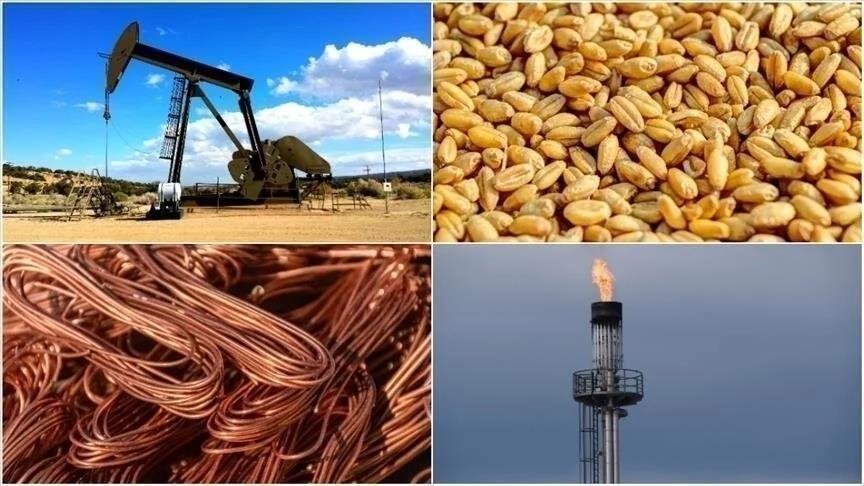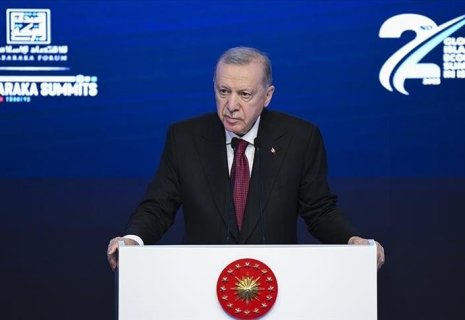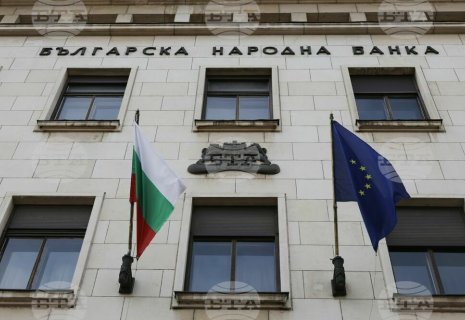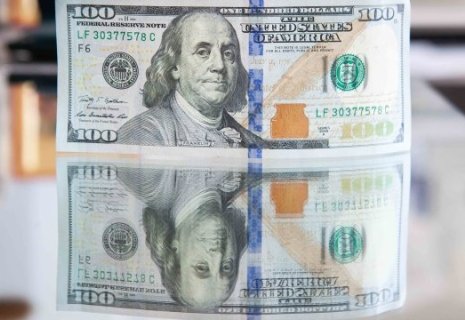
Mixed Commodity Prices Amid Geopolitical and Economic Uncertainty
Commodity prices showed mixed trends last week, influenced by global geopolitical tensions and economic shifts, CE Report quotes Anadolu Agency
Geopolitical Developments:
- Escalating tensions in the Middle East and Asia shaped market movements. Israel intensified its attacks on Syria, coinciding with the fall of the Ba’athist regime on Dec. 7.
- Taiwan reported increased Chinese military activity near the Taiwan Strait, following Taiwanese President Lai Ching-te’s visit to Pacific islands, which drew sharp criticism from Beijing.
- The Chinese foreign ministry reaffirmed its stance on Taiwan as an "inalienable part of China."
Economic Highlights:
- In the US, the consumer price index (CPI) rose 0.3% month-on-month and 2.7% annually, while the producer price index (PPI) increased 0.4% monthly and 3% yearly, exceeding forecasts.
- The US Dollar Index gained nearly 1%, closing at 106.9, as inflation trends supported expectations of a gradual Federal Reserve rate cut.
- China’s Central Economic Work Conference maintained an optimistic outlook on the country’s economy despite external challenges.
Commodities Overview:
-
Metals:
- Gold prices could surpass $3,000 by 2025, driven by potential Fed rate cuts and central bank purchases, according to Goldman Sachs.
- Heraeus forecasted gold prices between $2,450 and $2,950 per ounce next year, with strong demand expected.
- Aluminum rose 0.7%, while lead, nickel, and zinc fell. Copper remained steady.
-
Energy:
- Global oil production grew by 130,000 barrels daily in November, reaching 103.4 million barrels.
- Brent crude oil edged up 0.1%, while natural gas jumped 8.8%.
-
Agriculture:
- Wheat prices declined 0.9%, while corn, soybeans, and rice saw modest gains.
- Global coffee prices surged 80% this year due to droughts in Brazil and Vietnam, with further price hikes expected in 2025.
- Cocoa prices soared 14.7% last week, nearing historic highs, while sugar rose 5% and coffee fell 3.7%.
Global markets continue to navigate the complexities of geopolitical risks and economic adjustments, with mixed signals for commodity trends.
























